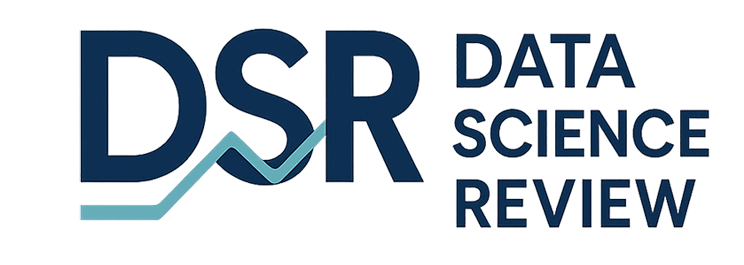I love the R language. Being that I am a computer programmer by trade, this is a bit of an anomaly. Most computer programmers would not migrate to the R language naturally. In fact, to us programmers, the way the R language works isn’t what we are used to at all.

Affiliate Disclosure: The links and banners you find on this page may contain affiliate links. This means if you use them to make any purchases, I may receive a commission as a result.
My learning curve for R was steep. You may be wondering why I persevered in learning it. In truth, I gave up on it several years ago. It was too unintuitive for the likes of a programmer like myself. But, for one reason or another, I keep going. I joined DataCamp.com and went through one of the career legs. That career leg just happened to be R-based. Then, I became hooked.
Now, I do just about everything in R. Even when I code in Python or Java, I find myself trying concepts out using my RStudio console. It’s just the way I have been rewired.
Your Favorite Language
Everyone will develop a love for one language or another. However, if your become too obsessed with a language, you could be limiting yourself. For instance, Python has many libraries for machine learning. Also, when you are looking for information on how to do something in machine learning, you may find the solution in another language that is not the one you love. You end up saying to yourself, why can’t they provide code in your language of choice?
I found myself searching for solutions that were only R-based. Don’t get me wrong. There are plenty of R-based solutions and libraries that are not available in other languages. The same argument can be used if your language is not R, but the solution you find happens to be in R.
Don't Get Hung Up on a Language
A data scientist should never get hung up on the language. The language should never drive the process. It’s just a language, after all. They come and go almost as quickly as the next strong wind. Right now, R and Python are two big languages for data science. Who knows what the popular languages will be two years down the road. Data science will be the same. But, the languages used probably will not.

Employer in Shock After Discovering Lack of Skills on Your Resume!
You can also limit employment prospects when you obsess on one language. For instance, if you search for data science or machine learning jobs, you will find a significant number of them are for Python. There are still plenty that use SQL, believe it or not. When a potential employer has specific requirements for a particular language, if you don’t match, you don’t get the job. End of story!
As an aside, I believe employers focus too much on languages when creating their employment specs. If someone is strong on statistics and data science, that should carry significant weight over the language used. A strong data science prospect will be capable of picking up the language quickly. The point is, employers may lose out on great candidates by focusing on a language rather than the other aspects of the job requirements that are more important. You can send somebody to a few days of classes to learn a new computer language, assuming they are already experienced programmers. The same is not true for machine learning and data science concepts.
I’m trying to get past my R-Snobbery. DataCamp.com is offering a Python thread and I have enrolled and committed to learning this. I also use Python more just as a matter of course. But, I still finding myself reverting to R. There’s just something about that language…

